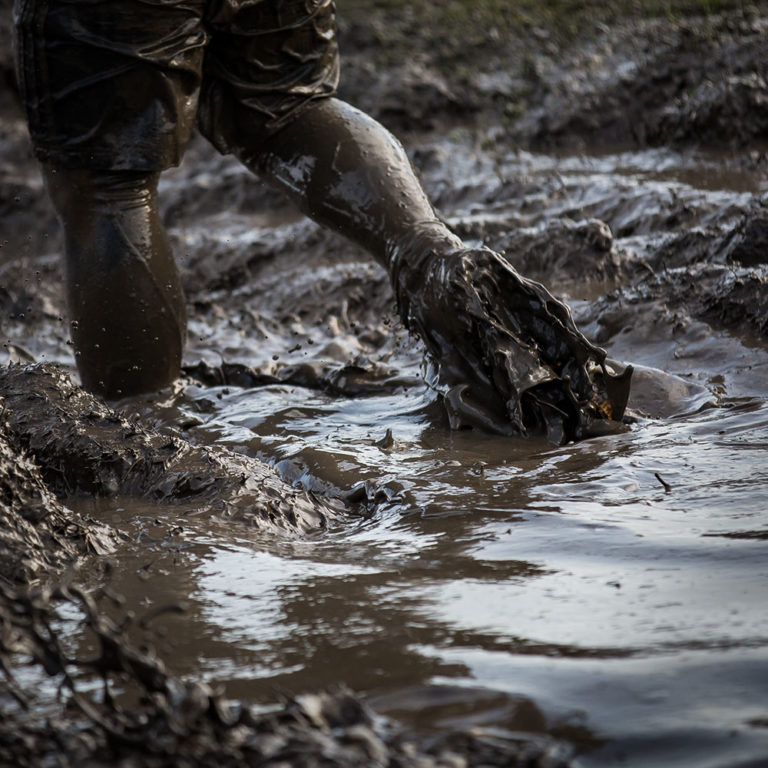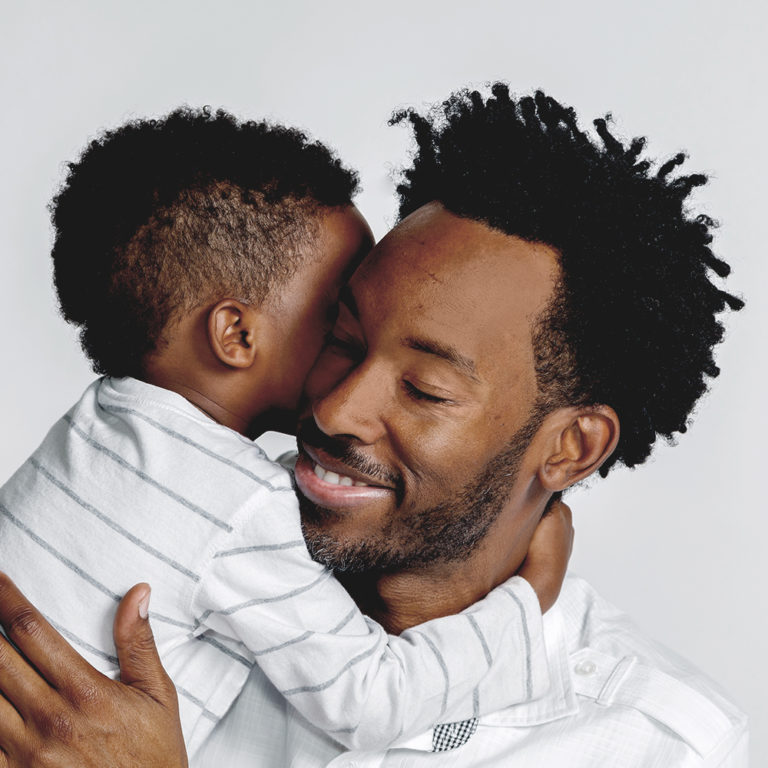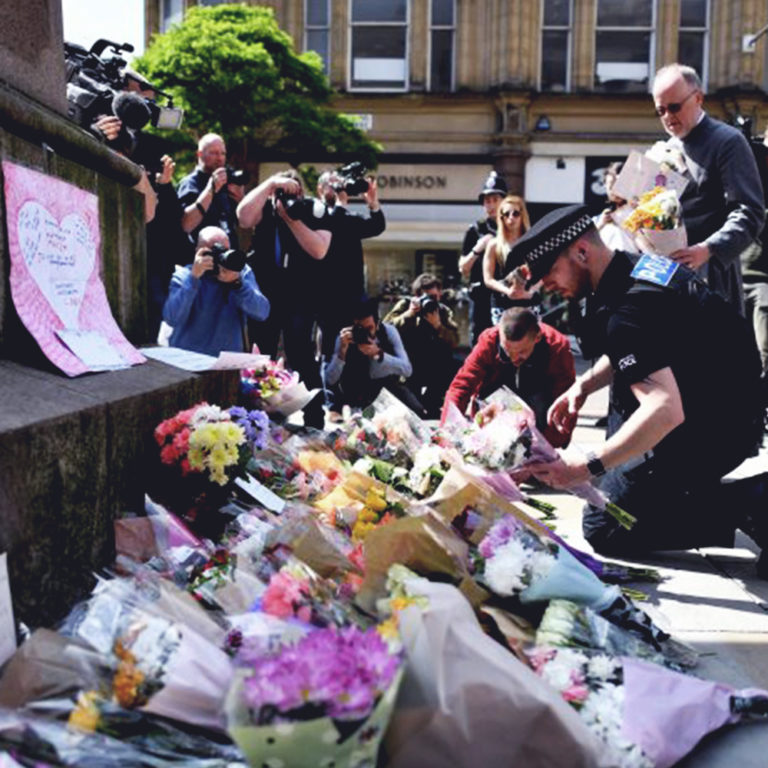A good father is one of the most unsung, unpraised, unnoticed, and yet one of the most valuable assets in our society. – Billy Graham
Dads are important. Whether you’ve grown up with a great father or with a not-so-great, or even completely absent, Dad, you can probably see that this statement is true. We need Dads in our lives, even if, at times, we can’t quite put our finger on the reason why they are so significant. Surely it’s Mom who does all the really necessary stuff? She takes care of the cooking, cleaning, gives great hugs and all the rest. Isn’t that enough?
Missing in action
Just as Mom’s are vital, Dad’s too fulfil a unique role and when I say ‘Dad’ I don’t necessarily mean the biologically linked male who sired you, but rather the male figure who nurtures, loves and significantly impacts your life. Sadly, a bad father has the ability to cause huge heartache and the consequences of his actions can be felt for decades, leaving painful scars. Children who grow up with a poor father figure, or a completely absent one, tend to experience lower levels of self-esteem, can blame themselves for his absence, struggle with feeling of abandonment and at times show more aggression than those who have had a positive male role model.
Wanted: Good Dads
I was fortunate enough to grow up with an amazing Dad. He was (and still is) my hero and as a child, I wanted to be just like him (only without the very handsome 80’s moustache) Now I live with a really wonderful father, who helps me raise my own kids and I see again the importance of having a strong and supportive Dad. If you’ve never stopped to consider the significance of a Dad, here are a few reasons why we need more good fathers.
Good Dads make you feel safe
Sigmund Freud once said:
I cannot think of any need in childhood as strong as the need for a father’s protection.
There is something unique about knowing that Dad is on your side. It might be something to do with how tall he is or how big his shadow can be, but knowing that he is there to fight in your corner and watch your back is incredibly comforting. The world can be a big, scary place but when Dad does his job, it feels less intimidating because you’re not facing it alone.
Good Dads help you take risks
Normally Mom tells you to be careful, watch out and don’t step to close to the edge (I know I do!) but Dad encourages you to climb higher, go faster and push a little harder, to see what you can really do. A good Dad wants to help you see what you’re made of and is there to dust you down if you fall and help you to try again.
Good Dads set a benchmark for our relationships
One of the most important things a father can give to his children is good self-esteem. When we are loved well by our Dad we are more likely to seek out people who will treat us well and in term will treat others with the same level of respect. It’s Dad who shows little boys how they should treat others and shows little girls how they should be treated.
Good Dads provide what we need
Not all good Dads have the financial means to give everything they would like to their children but providing for the family goes much further than money and possessions. A good Dad will do everything in his power to makes sure his child has enough. Enough love, enough resource, enough attention, enough opportunity, enough everything. Dad puts the needs of his family as his priority and does what he can to see those needs met.
Good Dads love fiercely
Not every Dad expresses his affection in the same way, but all good fathers love deeply. Even when we are at our least loveable and we’ve messed up or been completely out of control Dad still loves us. There is a security that comes from knowing that Dad will love us no matter what.
Good Dads don’t let us get away with nonsense
Even the best of children need discipline and a good Dad will correct behaviour when necessary, in a way that won’t harm or pull down. Dad loves us too well to let us continue doing things that will cause problems in our future or develop habits and behaviours that will hurt us in the long run.
Many people grow up without a dad and I’m certainly not saying that all the single Moms haven’t done an amazing job raising their kids. I am saying that those good Dads out there need to be celebrated for what they do and we need more of them because they make this world a better place.
Our Father
The Bible often refers to God as being our Father. All the attributes of a good Dad are found first and foremost in Him. So whether you’ve had a great Dad growing up, a not so perfect example of fatherhood or a completely missing piece, there is a Father who wants to show you exactly what a Dad should be.
If you would like to know more about how you can know this Father personally, please leave a comment or click on the link










